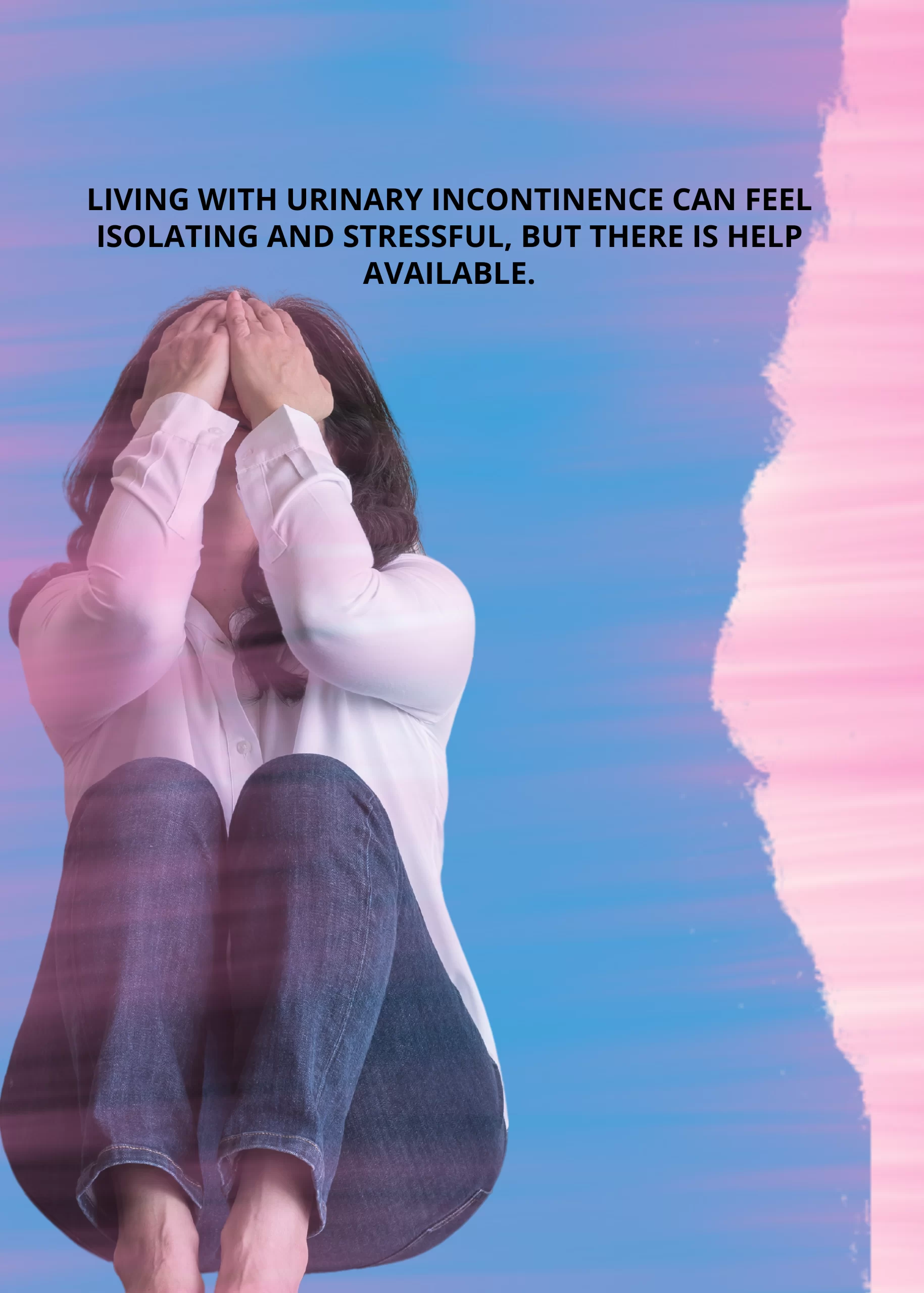Anxiety is a common experience that affects millions of people worldwide. However, many individuals opt for natural ways of dealing with anxiety as medicine and therapy are effective but not everyone likes them. The following are some tips on how you can naturally overcome anxiety.
Practice Mindfulness and Meditation
Mindfulness and meditation are powerful tools for managing anxiety. This means simply paying attention to the present moment without making judgments about it helps to reduce this constant worry or unease that steers anxiety. On the other hand, meditation requires concentration and relaxation techniques to calm your mind. Regular practice of mindfulness and meditation has been shown to decrease symptoms of anxiety, improve mood, and enhance overall well-being. As you get comfortable over time, start by doing it for a few minutes daily and gradually increase the amount.
Engage in Regular Physical Activity
Exercise is a natural and effective way to reduce anxiety. Physical activity releases endorphins, the body’s natural stress relievers, promoting better sleep that is usually disrupted by anxiety. Walking, running, swimming, and yoga help manage symptoms of anxiety. Engaging in at least 30 minutes of moderate exercise on most days per week is recommended. Simple activities like taking brisk walks or stretching have immediate calming effects.
Maintain a Healthy Diet
Nutrients play a significant role in mental health. Eating a balanced diet composed of fruits, vegetables, whole grains, lean proteins, and healthy fats; helps support brain function eventually reducing levels of nervousness. The worrying feelings may affect an individual’s mental stability thus feeling anxious all the time. Avoid excessive caffeine and sugar, which can exacerbate anxiety symptoms. Among foods rich in magnesium include beans, spinach, almonds, pumpkin seeds, oats, bananas, avocados, dark chocolate & sesame seeds. Omega-3 fatty acids can be found in fish oils, flaxseeds, walnuts, chia seeds, salmon, herring, sardines’ trout, anchovies and mackerel. Probiotics are found in yoghurt, buttermilk & natto.
Get Adequate Sleep
Poor sleep can worsen anxiety, creating a vicious cycle of restlessness and worry. Prioritize good sleep hygiene by maintaining a regular sleep schedule, creating a relaxing bedtime routine, and ensuring your sleep environment is comfortable and free from distractions. Avoid screens and stimulating activities before bed and consider deep breathing or progressive muscle relaxation to help with relaxation.
Practice Deep Breathing Techniques
Deep breathing exercises can help activate the body’s relaxation response, reducing feelings of anxiety. Diaphragmatic breathing 4-7-8 breathing box breathing all these techniques calm down the nervous system leading to the feeling of peace. Use them regularly especially during attacks of high levels when you have trouble with your breath then stress will reduce automatically.
Limit Alcohol and Caffeine
Both alcohol and caffeine can increase anxiety levels. Initially, alcohol may seem as though it calms your nerves however it disrupts sleep thus causing more anxiety later on. On the other hand, caffeine which is found in coffee tea and many soft drinks may stimulate your nervous system hence worsening symptoms of anxiety. You should try hard to minimize your intake of these substances so that you see their reaction to your anxiety levels.
Connect with Nature
Being out in nature can be soothing for both our minds and bodies such as going walking in the park, taking a hike, gardening etc; all reduce stress levels, improve mood and bring relaxation. This means spending time outside enjoying natural surroundings even if it is only for a few minutes at work or school.
Construct a Supporting Network
The management of anxiety needs to have a sound support network. Share your emotions and anxieties with reliable friends, family members or support groups. Talking about your anxiety can be a cathartic experience, as well as an eye-opener to alternative coping mechanisms. Additionally, you may need help from a therapist or counsellor in order to get a direction that is best for you during these anxious times.
Practice Self-Care
Anxiety calls for self-care. Read some books or get involved in arts and crafts activities such as painting if that brings happiness to you. Dedicate even five minutes each day to do something that helps you relax and recharge yourself. Prioritizing self-care can help reduce stress and improve your overall mental health.
Use Aromatherapy
The practice of using essential oils for relaxation purposes and reducing anxiety is known as aromatherapy. Essential oils with lavender scent are often highly recommended because they have stress-relieving properties. Some individuals use an oil diffuser while others prefer to add a few drops into a tub of hot water or apply diluted oils to their skins. Different scents work better on different people thus find what suits you well and try adding aromatherapy into your daily routine.
Dealing with anxiety naturally involves a combination of lifestyle changes, relaxation techniques, and self-care practices. Mindfulness combined with regular exercise; a good diet; and enough sleep; among other natural treatments helps manage anxiety effectively thereby improving general body wellness. Remember everyone’s path to managing anxiety will be different so you may need professional assistance along the way if necessary.
